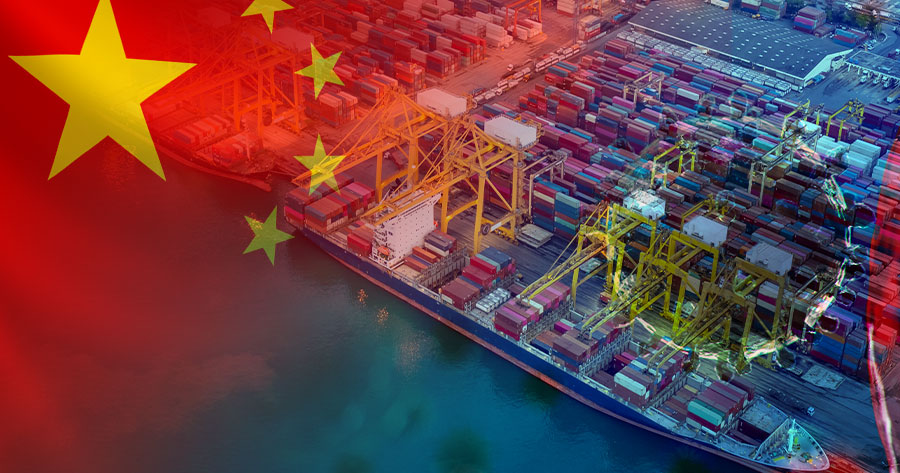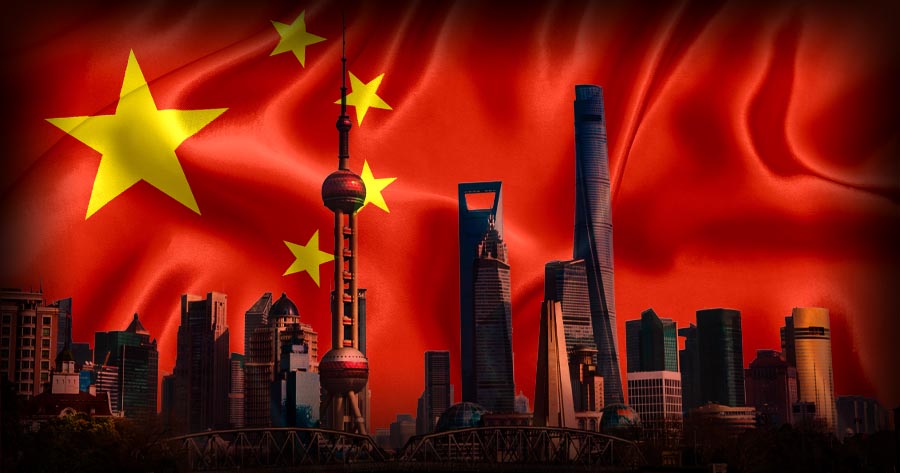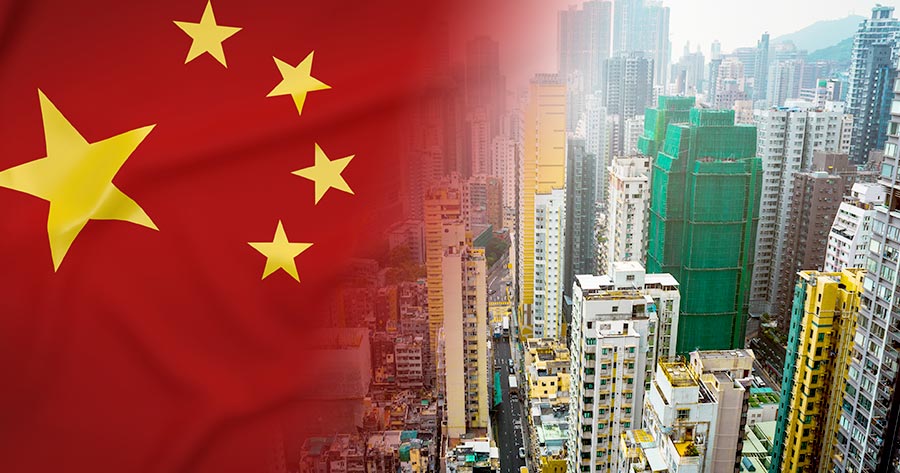Factory gate prices in China rose more than expected in March amid surge in oil prices – putting pressure on manufacturers that were already struggling to recovery from COVID-19 shock.
According to official data, producer price index gained 8.3% from a year earlier, however down from 8.8% in February.
Consumer-price growth accelerated to 1.5% after staying unchanged at 0.9% for two months. The reading beat economists projection of a 1.4% increase, according to Bloomberg.
Along with soaring commodity prices due to the war in Ukraine as well as fresh new wave of COVID-19 inflections in China has added to economic constrains. Lockdowns to curb the spread of infections across several cities and provinces have also disrupted food supplies, driving up prices for consumers during the month.
“International commodity prices continued to soar due to geopolitical and other factors, driving up prices of relevant products such as oil and non-ferrous metals” on a month-on-month basis, Dong Lijuan, an analyst at the National Bureau of Statistics, said in a statement, as reported by Bloomberg.
The year-on-year decline in PPI was mainly due to a high base of comparison from last year, she added.
On the announcement, Chinese benchmark index CSI 300 dipper over 2.40%, underscoring the biggest drop in almost a month.
Fresh vegetable prices jumped 17.2% on year, compared to a drop of 0.1% in February, the NBS data showed. Of the sub-items in the consumer price basket, fuel for transportation rose the fastest at 24.1% on year, according to a breakdown provided by the statistics office.
In the PPI, prices accelerated in sectors such as coal mining and washing, oil and gas extracting, oil, coal and other fuel processing, and electricity and heating production and supply.
However, price pressures are unlikely to discourage Chinese policy makers to step up measures for economic growth. China’s central bank has been on divergence policy mode compare to the rest of the world – slashing interest rates in recent months to boost liquidity and fiscal spending.





